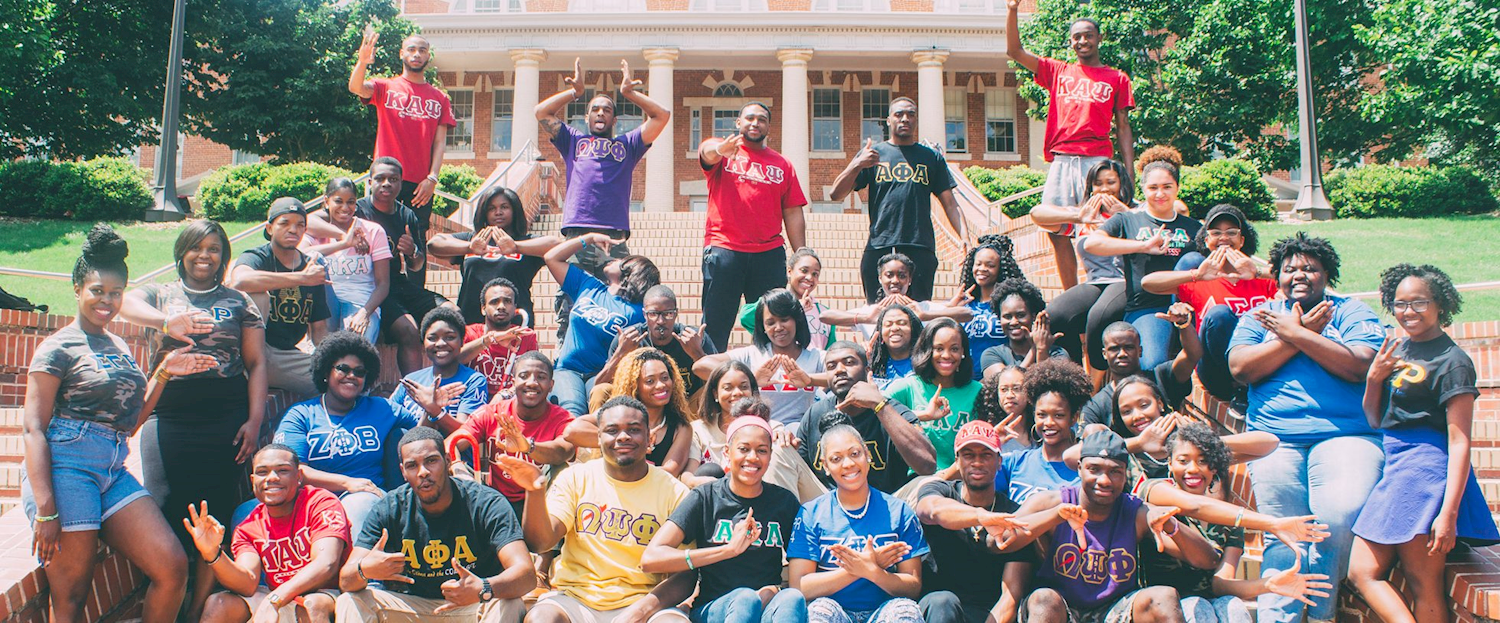

Behind the vibrant pageantry of strolls, colors, and yard traditions lies a bold legacy of Black academic excellence, activism, and generational fellowship. The Divine Nine, officially known as the National Pan‑Hellenic Council (NPHC), is a constellation of nine historically Black Greek-letter fraternities and sororities whose impact reaches far beyond campus. Founded between 1906 and 1963, these organizations continue to shape Black identity, community service, leadership, and cultural pride across HBCU campuses and beyond.
In the early 20th century, Black students faced systematic exclusion from white Greek-letter organizations—and, in many cases, from higher education altogether. In response, they built parallel spaces for fellowship, scholarship, and self-determination. Alpha Phi Alpha Fraternity, Inc., founded at Cornell University on December 4, 1906, became the first intercollegiate Black fraternity, an idea born from a need to support Black students through racial isolation.
Soon after, sororities and brotherhoods emerged primarily at HBCUs—most notably at Howard University. Organizations like Alpha Kappa Alpha (1908), Delta Sigma Theta (1913), Zeta Phi Beta (1920), and Sigma Gamma Rho (1922) founded a space for Black women to lead, serve, and uplift.
By 1930, these groups formed the NPHC to foster collective unity and purpose. Over time, Phi Beta Sigma (1914) and Iota Phi Theta (1963) joined the fold, completing the Divine Nine.
What began as mutual aid associations in segregated systems evolved into powerful institutions rooted in scholarship, leadership, and activism—shaping everything from civil rights to civic engagement.
Each of the Divine Nine carries unique symbolism, founding ethos, and philanthropic focus. While each house boasts its own colors, hand signs, creeds, and rhythms, they share overarching values: scholarship, service, and uplift.
Many assume Divine Nine chapters exist solely for the visual dynamism of strolls, step shows, and color-coordinated events. While pageantry is integral—and spectacular—it’s only the surface. These organizations embody centuries of cultural preservation, service, and Black excellence.
Community impact is foundational. From voter drives and mentoring to scholarships and economic programs, both national and local NPHC chapters consistently uplift communities. Their influence extends beyond the yard—it moves through neighborhoods.
Civic leadership is also core. Members like Martin Luther King Jr., Thurgood Marshall, Shirley Chisholm, and Kamala Harris have used their memberships as platforms to influence national discourse and policy. The networks of influence and activism arising from the Divine Nine fuel movements and elections.
And mentorship is constant. Initiatives like Alpha Phi Alpha’s Project Alpha or Kappa Alpha Psi’s Guide Right offer scholarship, leadership training, and pathways beyond college. Members carry their mentorship values well past graduation.
On campus, members of these organizations shape culture: choreographing iconic strolls, embodying precise hand gestures, packaging distinct visual aesthetics, and bringing name, image, and presence to every performance. Yet, the culture they carry is built on generational bridges—freshmen learning from elders, alumnae mentoring undergraduates, lifelong bonds sustaining community.
They preserve history, too. Each organization was created in response to educational exclusion. Documenting Black leadership, hosting archival scholarship, and engaging in historically anchored activism, they keep collective memory alive.
Even as the Divine Nine remain revered institutions, they face evolving tensions—especially around inclusivity and identity. Recent reporting from highlights challenges LGBTQ+ students can face within Greek life, particularly in organizations with traditional expectations of Black masculinity or femininity. While some chapters are embracing change, others still struggle to reconcile legacy with the need for broader acceptance.
Students navigating dual identities—Black and queer—sometimes confront difficult choices. As one expert noted, Greek-letter bodies and royal courts have historically enforced rigid notions of proper gender performance. That expectation still influences aspirants today.
These conversations, though complicated, are crucial as BGLOs adapt to the needs of modern Black students.
Alumni vitality is a hallmark. Once initiated, you’re family forever. Chapters continue to shape civic engagement, philanthropy, and professional networks long after yard participation ends. Divine Nine members hold influential roles across sectors globally.
Cultural visibility matters too. During homecoming, stroll shows and step performances represent more than entertainment—they are expressions of survival, joy, and cultural continuity. The yard is runway, stage, and pulpit all at once.
Institutional equity is linked as well. These organizations contribute millions in scholarships, economic development, and entrepreneurial activity tied to HBCUs and Black communities. Their enduring presence sustains a broader ecosystem of culturally rooted excellence.
At first glance, the Divine Nine dazzles with coordinated moves, signature colors, and iconic chants. But beneath the choreography lives centuries of Black excellence, brotherhood, sisterhood, civic action, and historical resistance. These are not social clubs—they are institutions of empowerment, resilience, and identity that transcend graduation.
When ATL Plus Magazine features the Divine Nine, we honor not just the choreography—but the legacy. We celebrate not just the color, but the convictions. And we uplift not just the yard, but the generations.
ATL Plus Magazine – Where Culture Meets Elegance on the Yard

ATL+ is your must-read magazine for all the latest news and pop culture. Since August 2020, we’ve provided readers a chance to read about topics that interest them the most. From tourism to politics, our articles were written by a talented team of writers to help you stay in the loop about the latest trends and news.
